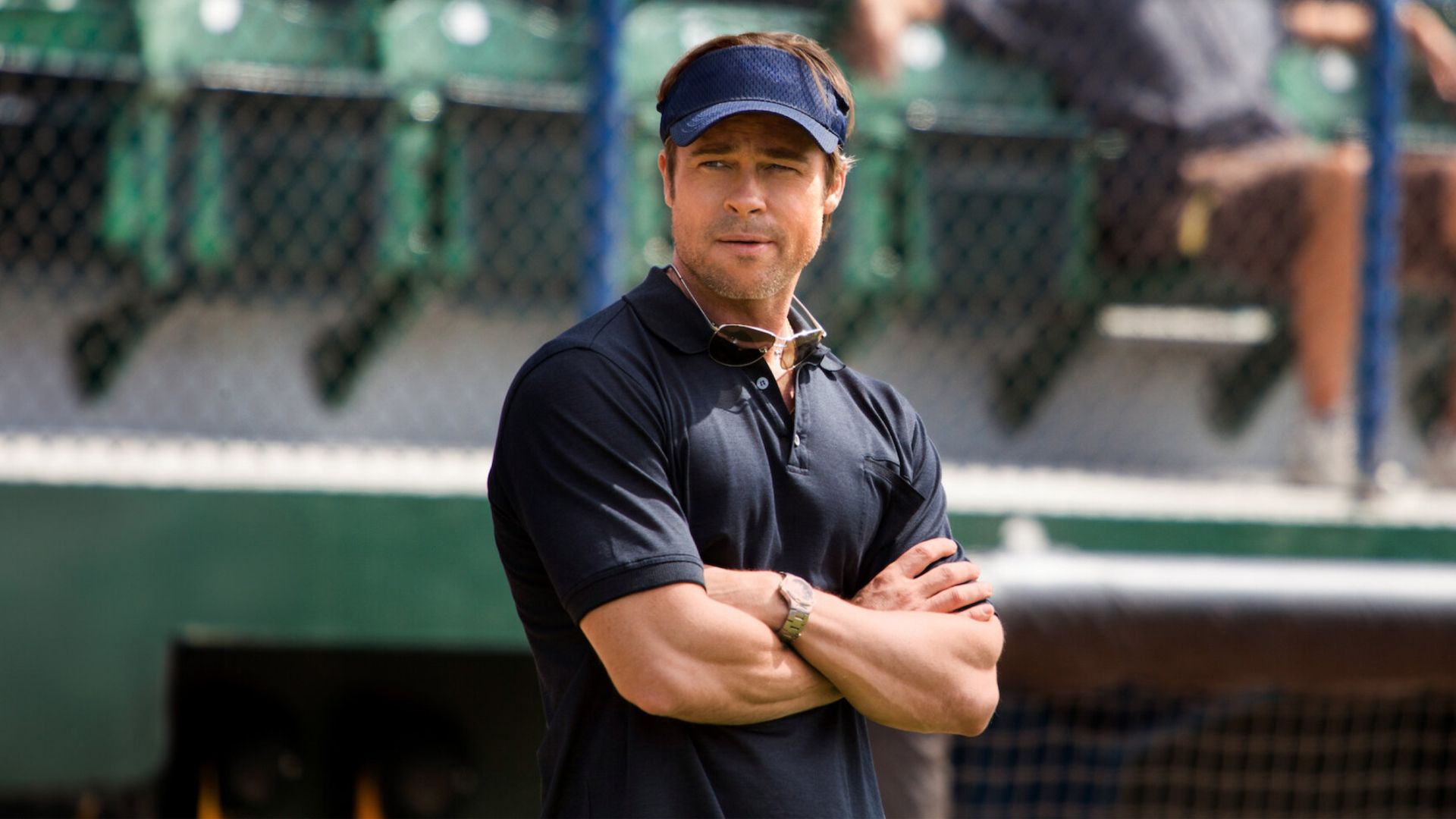

With the 2025 MLB season kicking off recently ahead of this year’s NFL draft, two sports movies about how general managers (GMs) run their baseball and football teams provide timely, entertaining insight. Although Kevin Costner’s Draft Day and Brad Pitt’s Moneyball both focus on team-building and roster construction, Moneyball is more compelling due to its true story, award-worthy performances, and unforgettably emotional ending.
Draft Day and Moneyball focus on GMs who strive to balance talent acquisition with a cost-benefit analysis to keep their teams competitive in the short and long run. While the former has the exhilarating time crunch of occurring over 13 hours, the latter is a prestigious picture that earned six Oscar nods for telling the true story of how the Oakland Athletics’ GM Billy Beane (Pitt) changed the face of baseball analytics for years to come. All that is to say, Draft Day fans must watch Moneyball ASAP.
Release Date
September 23, 2011
Runtime
133 minutes
‘Draft Day’s Premise & Appeal
With slick direction by Ivan Reitman, Draft Day follows Sonny Weaver Jr. (Costner), the Cleveland Browns’ General Manager. Sonny has to prove himself following the death of his father one week earlier. Sonny Sr. was the former coach of the Browns who led the team to success before Sonny Jr. fired him for health reasons at his mother Barb’s request (Ellen Burstyn).
With the Browns’ owner Anthony Molina (Frank Langella) and head coach Vince Penn (Denis Leary) pressing Sonny to draft local football star Ray Jennings (Arian Foster) in the upcoming NFL Draft later that day, Sonny has 12 hours to wheel and deal with the GMs of the 31 other NFL teams to select the best player possible. The Browns have the seventh pick in the draft, which is not high enough to draft star QB prospect Bo Callahan (Josh Pence), a generational talent that could instantly transform the Browns’ 28th-ranked offense into a powerhouse.
Also in play for the seventh pick in the draft is outstanding linebacker Vontae Mack (Chadwick Boseman in a spirited performance), a player with all the leadership intangibles that Callahan lacks. Although Sonny wants to draft Mack at pick seven, he knows he must make a splash to keep his job and turn the team around. As such, he made a deal with the Seattle Seahawks’ GM to trade away the next three first-round picks to obtain the #1 overall pick in this year’s draft. The risky move mortgages the franchise’s future, meaning Sonny cannot afford to get the presumable pick for Callahan wrong.
Draft Day recreates the titular NFL event well with a fast pace and stylish editing. Although it’s a good movie across the board, it will appeal more to hardcore football fans who understand the tedious details of the NFL draft, salary cap implications, the psychological manipulation GMs subject themselves to, PR campaigns, the scouting process, and the ins and outs of running a professional team. From a logistical standpoint, Draft Day has several unrealistic aspects that strain credibility, the biggest being how little Sonny and Penn see eye to eye on their franchise’s future.
‘Moneyball’ Tells Billy Beane’s Sacrificial Tale
Bennett Miller directed Moneyball from a screenplay by Oscar-winning scribes Aaron Sorkin and Steve Zaillian. Unlike the purely fictional Draft Day, Moneyball recounts the Oakland Athletics’ 2002 MLB season and the real-life coaches, players, scouts, and personnel department. The story concerns the Oakland A’s GM Billy Beane (Pitt), who changed the face of baseball analytics by cutting costs and fielding a competitive team for half the price of big market teams like the New York Yankees and Boston Red Sox.
Knowing his ill-funded team cannot compete with the Yankees and Red Sox, Beane hires Peter Brand (Jonah Hill), a Yale economist and shrewd strategist who introduced sabermetrics to recruit underpaid players that could field a competitive team at cost. Ironically, Brand is based on Paul DePodesta, who currently works for the Cleveland Browns (the team featured in Draft Day). After their three best players are signed to big-money free-agency deals, Beane and Brand focus on “small ball,” emphasizing base-stealing, on-base percentage, and batting average over power and home-running hitting.
Related
Best Baseball Movies That Are Based on True Stories
From Moneyball to A League of Their Own, these are the best baseball movies based on real events.
Although Beane and Brand were nearly ostracized for taking a risky approach to building a competitive team with their “Moneyball” approach, the 2002 season was successful for the A’s when they won their division and went to the playoffs. Yet, Moneyball transcended the baseball diamond in the end when, despite being offered millions to implement the Moneyball blueprint for the Boston Red Sox for a record-breaking $12.5 million salary, Beane declined the offer to stay with the A’s and to remain close to his daughter, Casey (Kerris Dorsey).
Despite rejecting the Red Sox’s offer, the Red Sox won the 2004 World Series after adopting Beane’s Moneyball method. Beane and Brand’s vision was validated even though the A’s never won a World Series using this approach. Beane’s legacy is still felt in the MLB today, with many professional baseball franchises adopting the cost-effective Moneyball approach to team building.
‘Moneyball’ Easily Beats ‘Draft Day’
While both are amusing glimpses into how sports teams are run, Moneyball bests Draft Day in several ways. The most glaring thing has to do with reality versus fiction. Draft Day is a made-up tale about what could happen to an NFL franchise and college players selected at the top. Moneyball is a genuine tale about what happened to the A’s in 2002 under Bean’s management and the league-wide trend it spawned.
Despite Costner’s convincing performance, Sonny Weaver Jr. is a fabricated character looking to redeem himself as much as he sets the franchise up for future success. By contrast, Pitt plays the real-life Beane with unselfish authenticity and heartfelt pathos, giving the story more dramatic heft and higher stakes. Apart from Beane, genuine A’s players and coaches like Scott Hattberg (Chris Pratt) and Art Howe (Phillip Seymour Hoffman) figure prominently in the movie, with granular detail given to the entire 2002 MLB season.
Related
Every Kevin Costner Baseball Movie, Ranked
Kevin Costner has starred in his fair share of baseball movies throughout his career. Which one is ranks at number one?
While the competitive consequences of Moneyball are drastically more significant than Draft Day, the former’s moviemaking pedigree is also superior. Moneyball earned six Oscar nominations, including Best Picture. Pitt and Hill scored acting nods, while Sorkin and Zaillian’s adapted screenplay was nominated. Draft Day earned no such honors despite boasting an impressive ensemble that includes Jennifer Garner, Sam Elliott, Terry Crews, Timothy Simons, Rosanna Arquette, and more.
‘Moneyball’ Packs an Emotional Punch
Sony Pictures
Past Moneyball’s prestigious pedigree, the emotional ending beats that of Draft Day. Moneyball ends as a low-key tear-jerker when Billy Beane drives in his car, having just turned down millions to run the Red Sox, listening to his daughter sing Lenka’s “The Show” alone as he begins to reflect on his life sacrifices and what is most important.
This moment crystallizes Beane’s realization that family will always be more valuable to him than money or baseball, with Pitt giving one of his best performances. It’s an unforgettable ending that, unlike Sonny Weaver Jr. in Draft Day, shows that Beane has his priorities in place and that he will never sell out or compromise his values.
While both are recommended for sports fans, Moneyball is more realistic and consequential than Draft Day, with better performances and more nuanced direction giving it the winning formula.
Draft Day and Moneyball are available to stream on Peacock.
You can view the original article HERE.










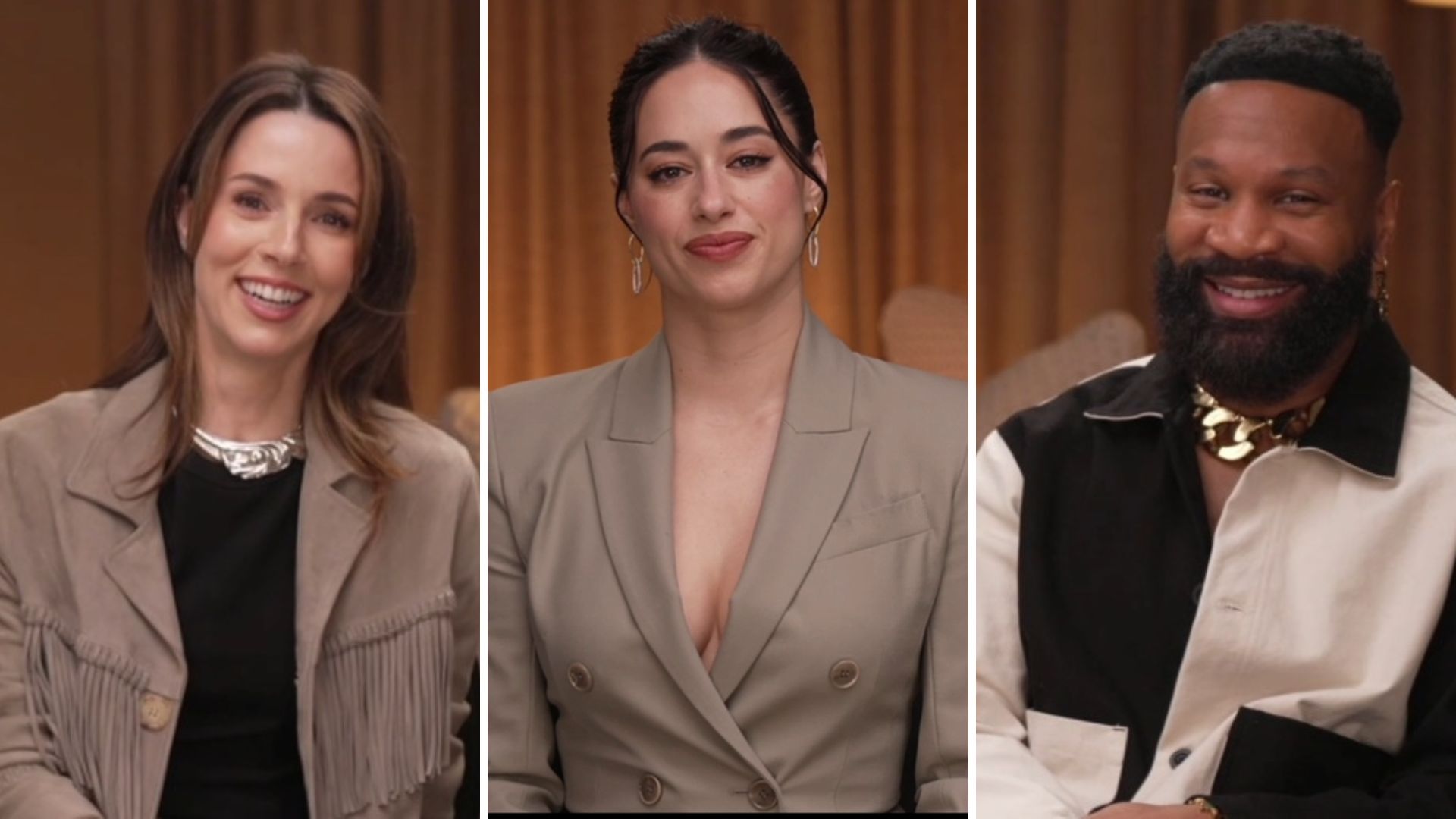

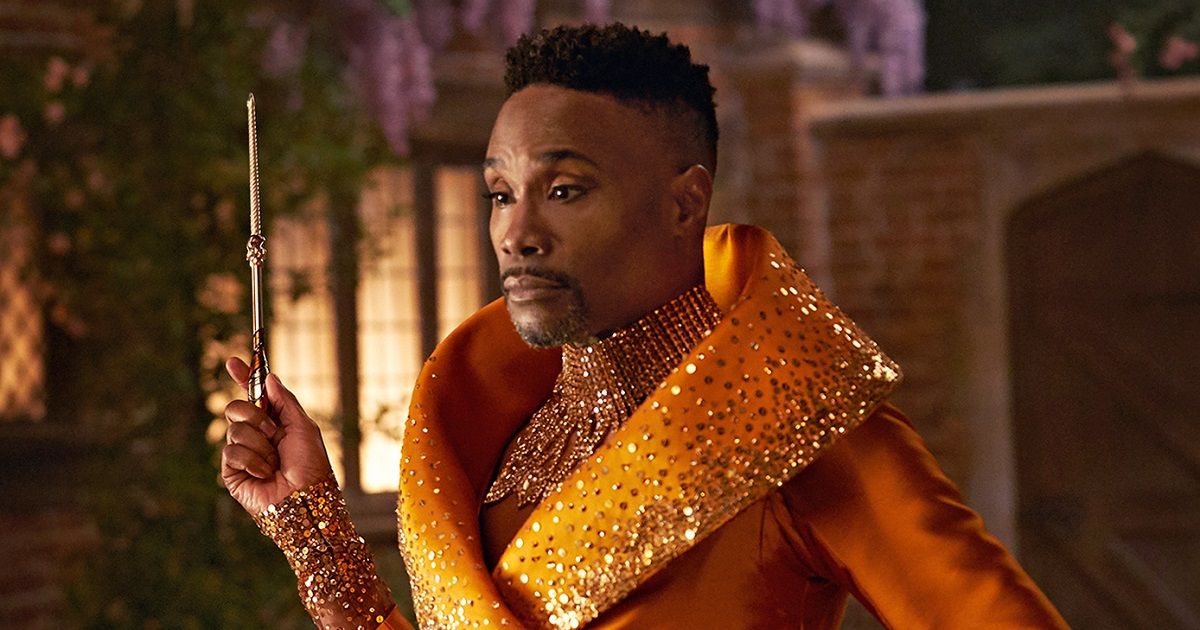

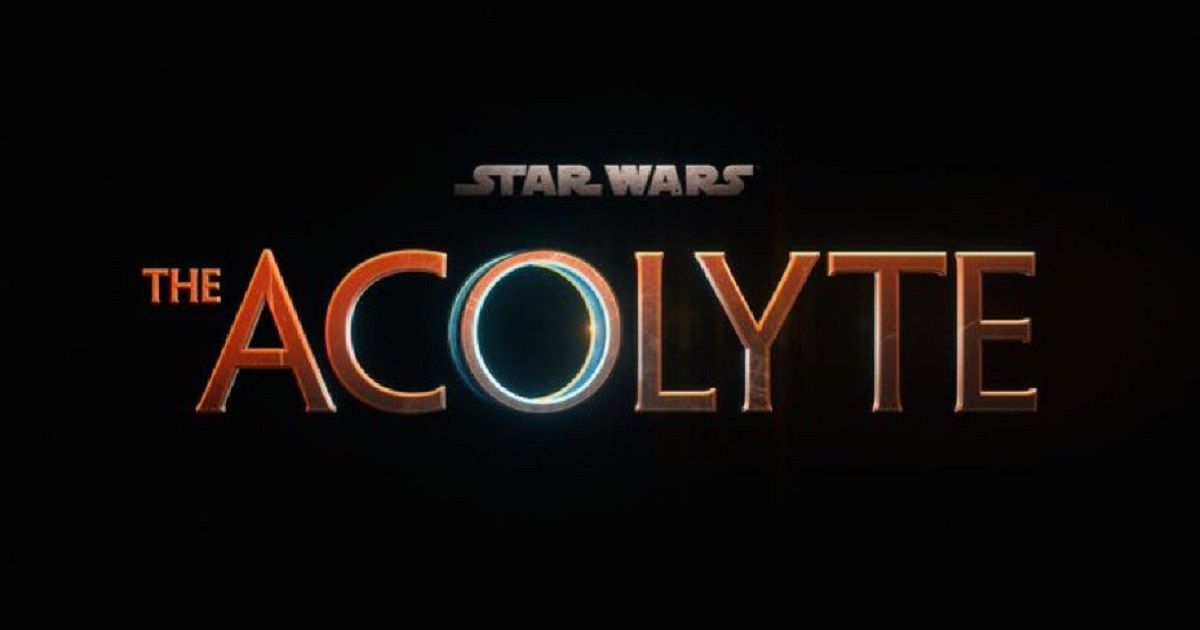
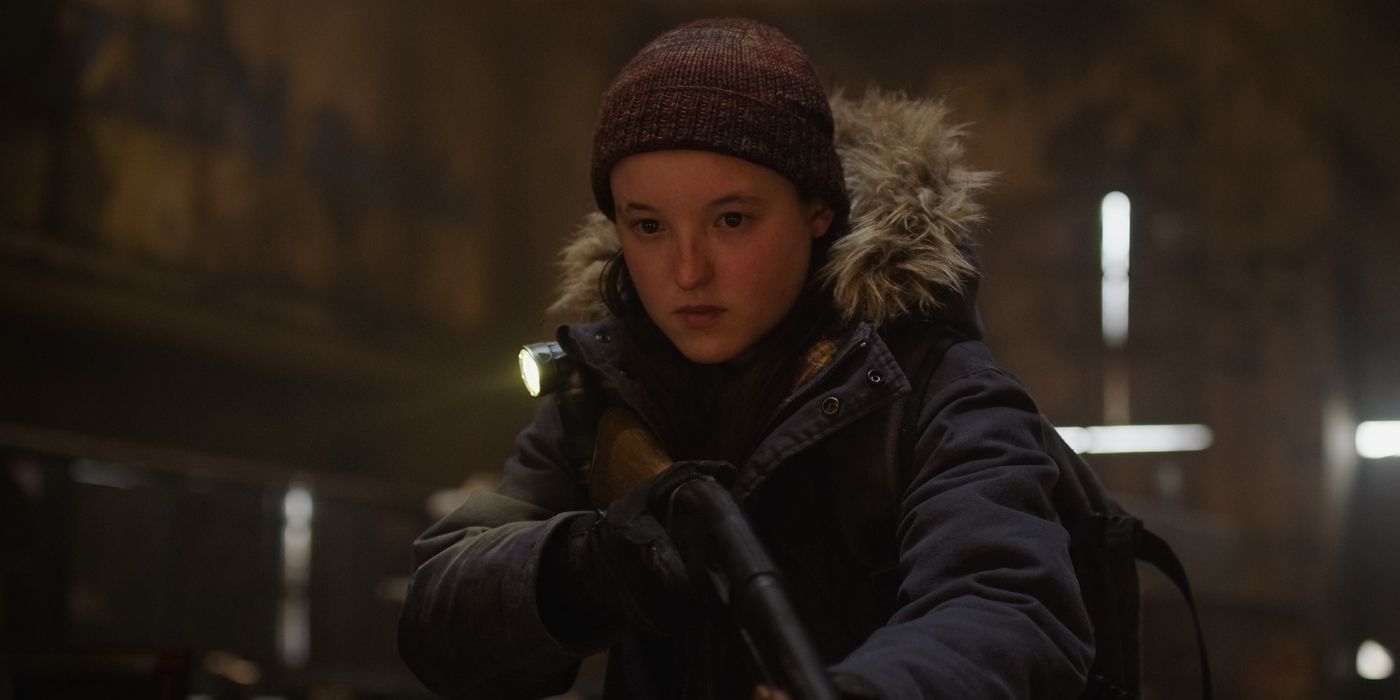




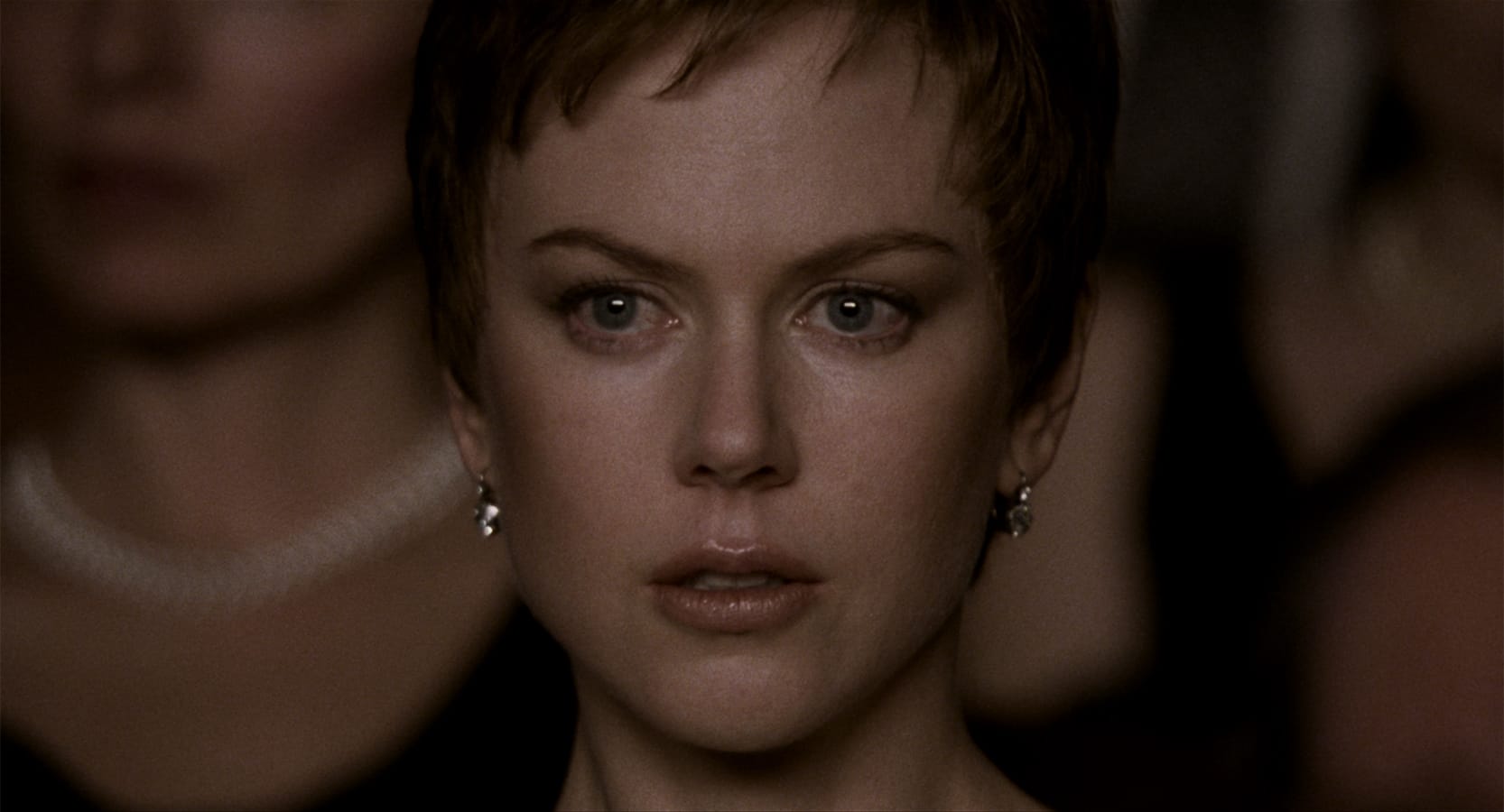

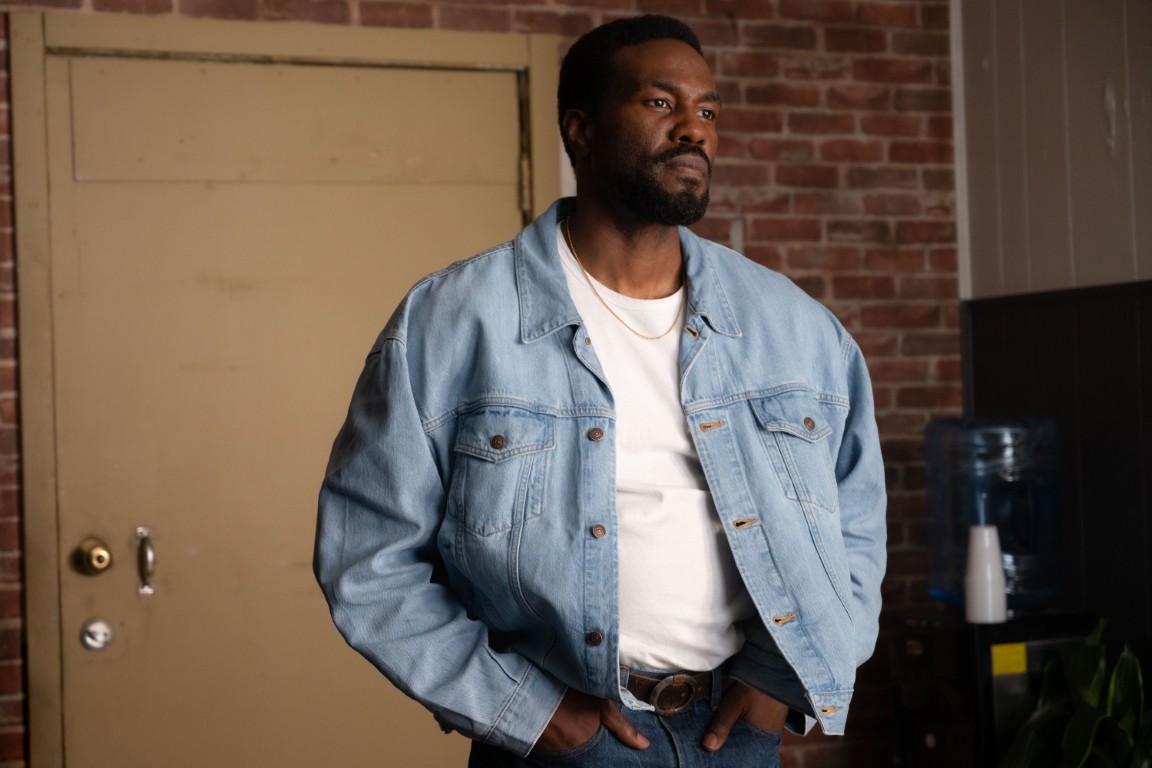
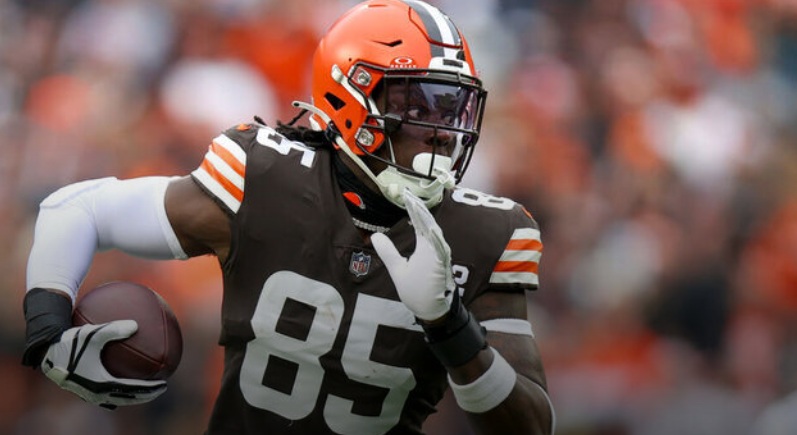

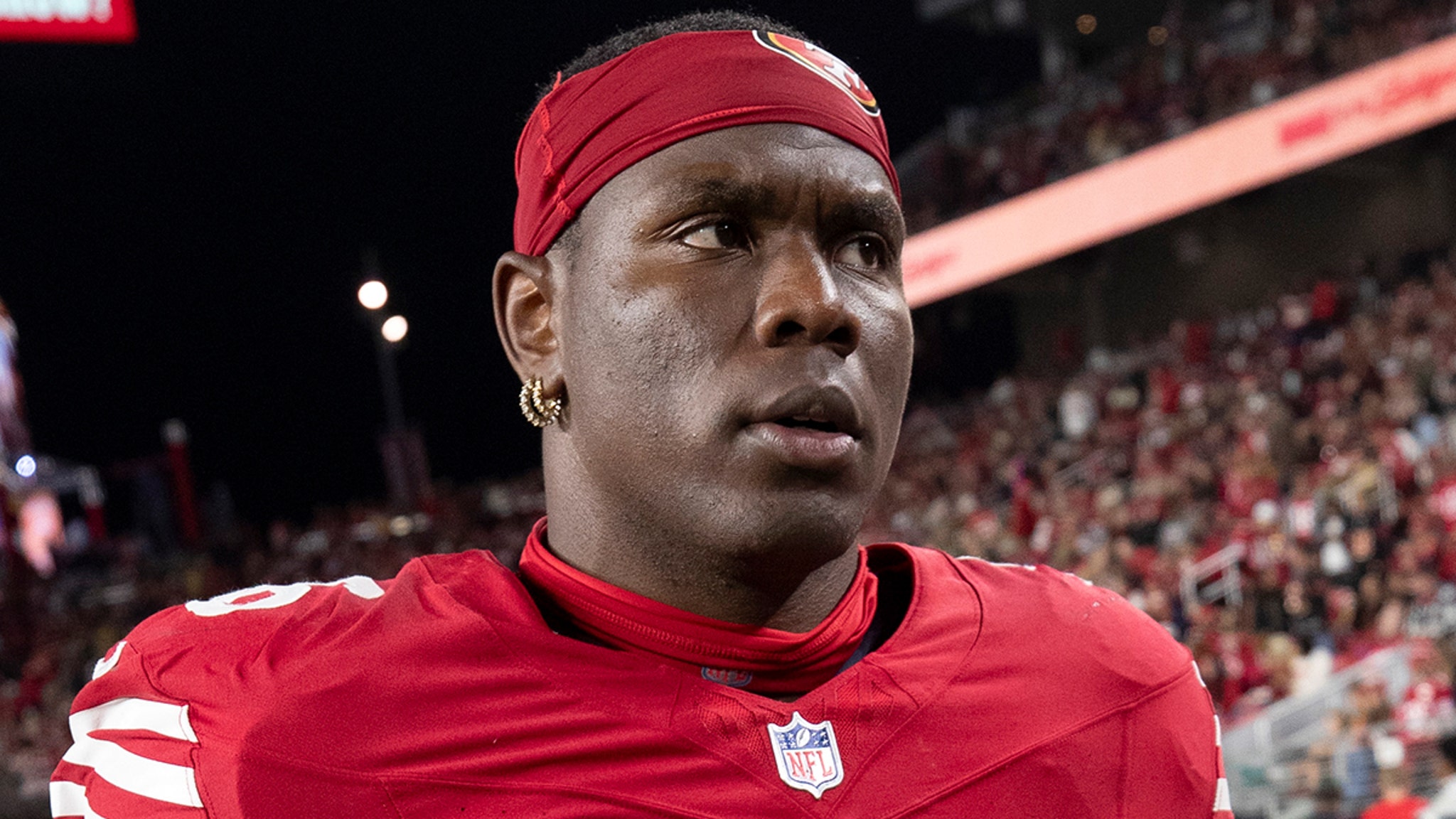
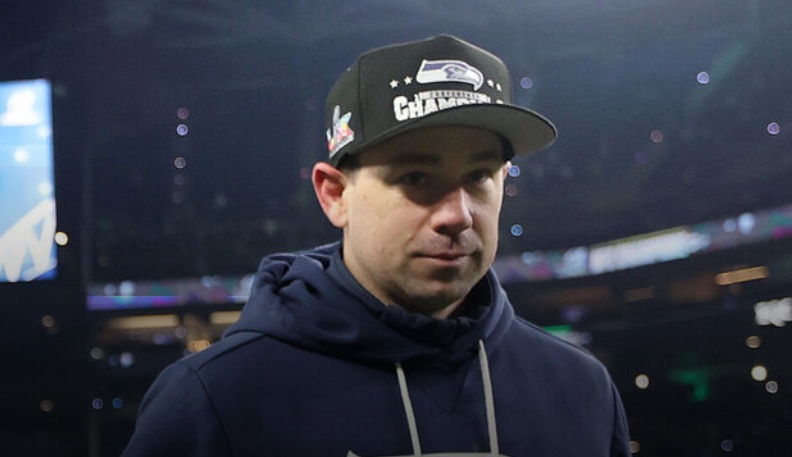
:quality(85):upscale()/2026/02/10/005/n/1922564/85a2b8ad698bba41400309.88193761_.jpg)


